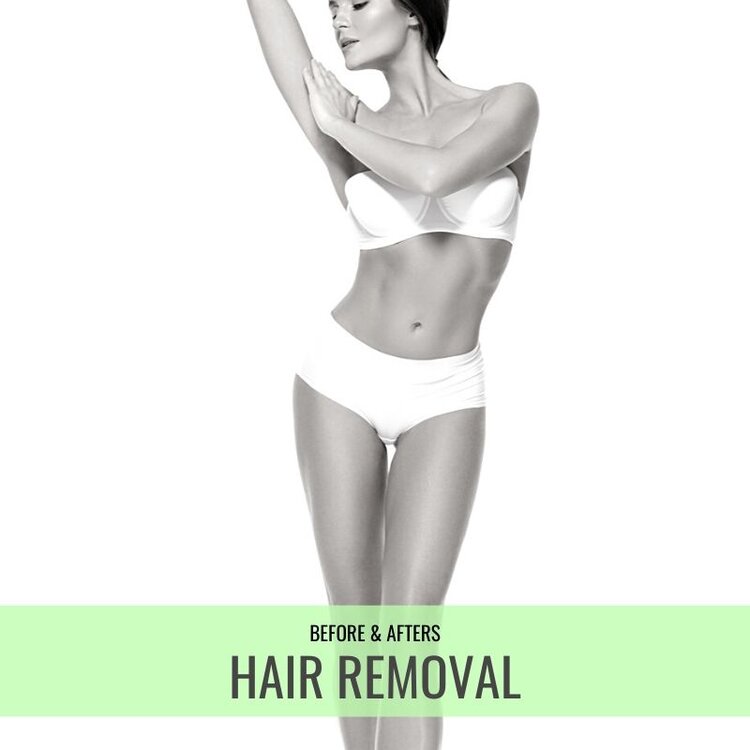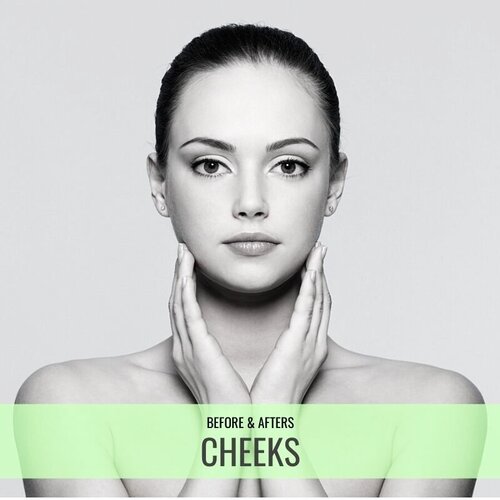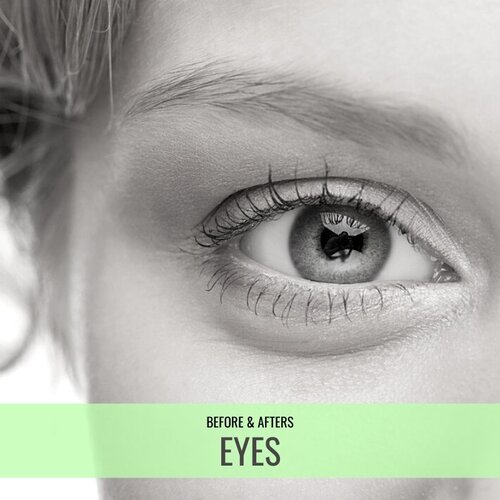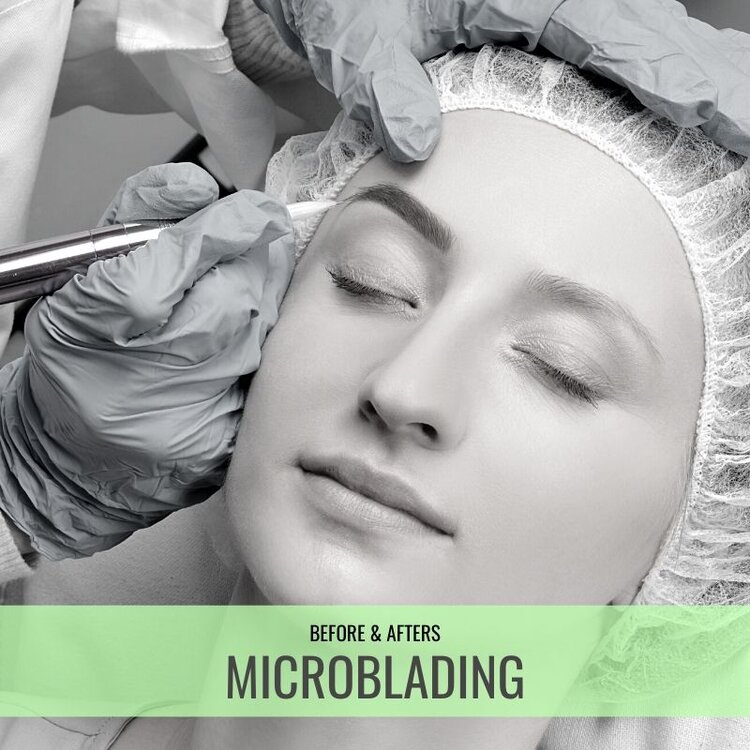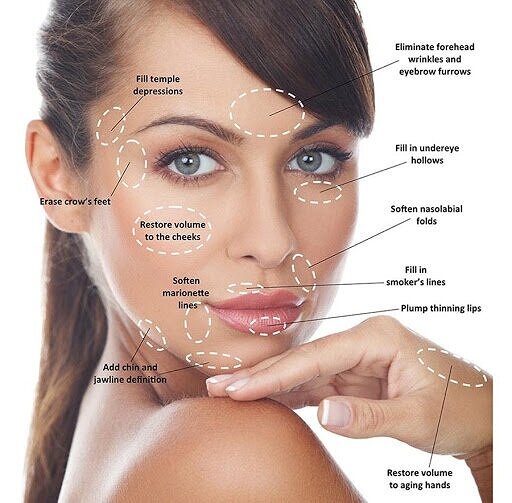
DERMAL FILLERS
Over time, our faces naturally lose fat which causes skin to stretch and wrinkles to be more apparent.
Dermal fillers restore a youthful fullness to skin, reduce wrinkles, soften creases, and plump thin lips.
Dermal fillers are injected into the skin with the purpose of “plumping” that area to decrease a wrinkle or fold. At Magnolia Medical Aesthetics, we offer these dermal fillers:
Restylane®, JUVÉDERM®, and RADIESSE®.
How Can Dermal Fillers Enhance My Appearance?
While dermal fillers are casually known as “wrinkle fillers,” they can do much more than just smooth out wrinkles, although they are excellent at this too! Here are a few of the common issues dermal fillers can help address:
- Smooth out lines around nose and mouth (a.k.a. marionette lines, smile lines, and parentheses)
- Enhance & restore volume to sunken cheeks, temples or forehead
- Diminish vertical lip lines
- Plump & enhance the lips
- Smooth out a chin crease
- Improve symmetry among facial features
What are Fillers Made With?
There are a variety of FDA approved filler products. In general, fillers are categorized by the substance they are made from. A note for your safety: always make sure that you are receiving FDA approved and brand name fillers.
Calcium Hydroxylapatite (CaHA)
Calcium hydroxylapatite is also a naturally occurring substance, found primarily in our bones.
When used in a filler, the calcium particles are nearly microscopic and suspended in a smooth gel. The consistency of a CaHA filler is typically thicker than that of a hyaluronic acid filler and typically last longer as well, about 12 months for most patients. Calcium hydroxylapatite is also reported to help stimulate natural collagen production, and it is typically used for deeper lines and wrinkles. FDA approved CaHA fillers include Radiesse®.
What to Expect During Treatment
Dermal filler injections are non-surgical and typically completed during an office visit. Your initial treatment will begin with a consultation, during which you will meet with our expert injector to discuss your concerns and goals.
Your Injectable Filler Treatment
Just before the actual treatment, the area will be cleaned, and you may be given a topical or injectable anesthetic to numb the area prior to injection. Many filler products also contain lidocaine, a mild anesthetic, which is intended to help minimize discomfort during and after your treatment. Depending on the product and the areas treated, you should be able to notice results immediately after receiving filler injections. Some patients experience mild bruising and swelling, but these are temporary and should subside over the days following treatment. You will be able to go back to your normal activities right after treatment, but we may ask you to take the day off from exercise or other strenuous activity.
Pre-Treatment Consultation
During your consultation, our expert injector will evaluate your area of concern and review your medical history. While the risks associated with dermal fillers are minimal, you need to fully disclose your medical history prior to treatment, as certain allergies, skin and neurological conditions, or medications can jeopardize your safety or results. For instance, you need to tell your cosmetic surgeon if you have been taking NSAIDs (e.g., aspirin, ibuprofen, naproxen) or blood thinners, as these increase the likelihood of bruising.
What are the risks of dermal fillers?
The decision to use fillers is extremely personal. You will have to decide if the benefits will achieve your goals and if the risks and potential complications of dermal fillers are acceptable.
We will explain, in detail, any risks. You will be asked to sign consent forms to ensure that you fully understand the procedure, as well as the risks and potential complications.
Severe complications from dermal fillers are uncommon. Potential risks vary depending on the specific filler used and the relative permanence of the filler substance and include:
- Acne-like skin eruptions
- Asymmetry
- Lumps or Bruising, bleeding from the injection site, swelling
- Damage to the skin that results in a wound and possible scarring
- Infection at the injection site
- Palpability of the filler under the surface of the skin
- Skin rash with itching or Skin redness
- Under- or over-correction of wrinkles
- Blindness
- Skin necrosis (ulceration or loss of skin from disruption of blood flow)
These risks and others will be fully discussed prior to your consent. It is important that you address all your questions directly with your doctor. Although good results are expected from your procedure, there is no guarantee that you will be satisfied with your results. In some situations, it may not be possible to achieve optimal results with a single procedure. Most fillers do dissipate over time. To maintain your correction, you will need to consider repeating the injection process at intervals.
Hyaluronic Acid (HA)
Hyaluronic acid is a naturally occurring substance that is already found in your skin. It helps keep skin plump and hydrated. HA fillers are typically soft and gel-like. The results are temporary, lasting 6 to 12 months before the body gradually and naturally absorbs the particles. Most HA fillers are infused with lidocaine to help minimize discomfort during and after treatment. FDA approved HA fillers include:
- Juvéderm products: Juvéderm XC, VOLUMA, VOLBELLA, VOLLURE
- Restylane products: Restylane, Restylane Silk, Restylane Lyft, Restylane Refyne, and Defyne
- Belotero Balance
Which filler do I need?
With so many dermal filler products on the market, it can be difficult to know which option is best for you without an experienced doctor’s guidance. Each product is uniquely formulated to have a certain texture, density, and injection depth, which means that certain fillers work better for certain areas of concern. We will help you to determine what products is best for you and what you want to achieve.
How Long Do the Results Last?
How long the effects of dermal fillers will last depends on the product, the area of treatment, and the patient. Generally speaking, the denser the product is and the more deeply it is injected, the longer it will last, although this is not a hard and fast rule.
Hyaluronic acid fillers tend to be the most temporary option, and therefore are often recommended for first-time filler patients. These will typically last from 6 to 10 months. Lip injection will wear out a little faster than those to the Nasolabial Folds. Certain HA fillers, such as VOLUMA or Restylane® Lyft, are formulated to last longer, but are usually limited to certain areas, such as the cheeks.






